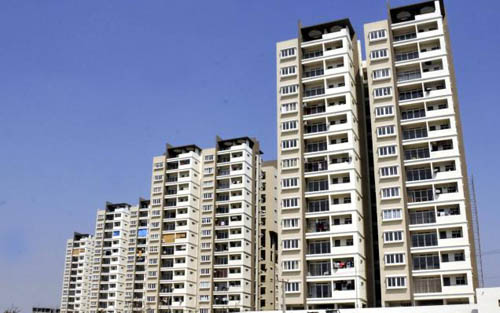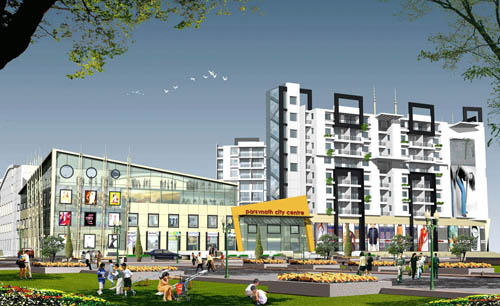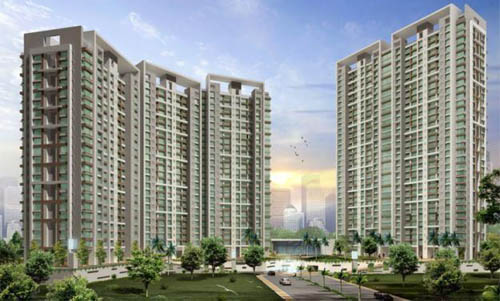
Realty Bill to hike operational cost by 10-15%
Introduction of the proposed real estate regulation Bill is likely to increase the cost of operations by 10-15 per cent, said Sreedhar Reddy, president of Andhra Pradesh Realtors Association.

Introduction of the proposed real estate regulation Bill is likely to increase the cost of operations by 10-15 per cent, said Sreedhar Reddy, president of Andhra Pradesh Realtors Association.

Parsvnath Developers is looking to raise up to Rs.200 crore by selling stakes in two group housing projects to private equity firms.

Supertech will invest Rs 600 crore to develop a 255 metre tall residential tower in Noida. The company will offer a total of 1,326 housing units with prices of up to Rs 2.25 crore in the tower that it claims will be the tallest in North India. “The project, North Eye, will be the tallest in entire region with 60 floors and 255 metre height.

A majority government at the Centre is gradually reviving private equity’s confidence in Indian real estate – especially the commercial sector. ANAROCK research indicates that PE players infused USD 580 mn into Indian real estate in the month of June, immediately after Modi 2.0 took charge.

The PE players have expressed concern about difficulty in exits, governance issues in investee companies and certain taxes such as the Dividend Distribution Tax which are excessive and do not conform with global standards.

Sensing the potential of the student housing market, many start-ups have entered the fray. Student housing providers such as Oxfordcaps, Tribestays, PLACIO, Stanza Living, Campus Student Communities, Housr, Simplyguest, etc. currently operate in Delhi, Pune, Bengaluru, Noida, Mumbai, Indore, Dehradun, Ahmedabad and Jaipur. The top 10 players in the organized student housing space collectively operating slightly over 75,000 beds with plans to touch nearly 2 lakh beds by 2020.

Lack of affordability in the larger cities is the primary hurdle to the largest investor base, and property investors are now looking at smaller towns and cities. However, their increasing bullishness on Tier 2 & 3 cities as against their tier 1 counterparts is not just on account of their relatively more affordable property prices, but also because of their better growth prospects.

Various Government-driven policies including ease of doing business in India are attracting both Indian and global companies, squarely benefiting commercial real estate. Big-bang boosters like the start-up revolution and the Make in India and Smart Cities missions have created a very lucrative environment for businesses to work and expand in India.

The rate at which economy is growing our urban centers shall add at least 100 million people by year 2020 merely on the account of urbanization. To provide housing to so many people India needs to invest a trillion dollars over the next 10 years. This is equivalent to 80 times our education budget allocation for year 2011-12.

The global debt funding gap is estimated to total US$142bn over the next three years (2012-2014) according to latest research from DTZ.
